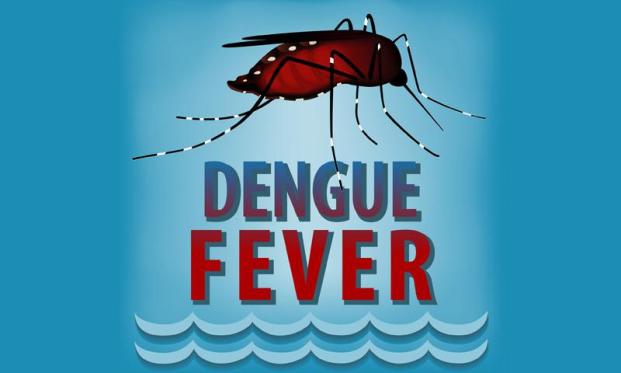Categories
- Bariatric Surgery (11)
- Black Fungus (5)
- Bone Marrow transplant (3)
- Brain Tumor Surgery Navigation Technology (20)
- Cardiac Surgery (66)
- Cardiology (97)
- Computer navigation technology for joint replacements (20)
- Covid Vaccination (17)
- Critical Care (2)
- Dental (19)
- Dermatology (31)
- Dialysis Support Group - “UTSAAH” (11)
- Dietitian (33)
- Emergency Medicine (4)
- Emotional Health (11)
- Endocrinology (33)
- ENT (20)
- Gastroenterology and GI Surgery (53)
- General and Laparoscopic Surgery (21)
- General Surgery (4)
- Gynecology & Obstetrics (183)
- Hematology (20)
- Internal Medicine (294)
- Kidney Transplant (50)
- Kidney Transplantation (20)
- Lung Cancer (8)
- Minimal Invasive Surgery (1)
- Mother & Child (20)
- mucormycosis (5)
- Nephrology (61)
- Neurology (147)
- Neurosurgery (68)
- Nutrition and Dietetics (107)
- Omicron Variant (1)
- Oncology (288)
- Ophthalmology (10)
- Orthopaedics & Joint Replacement (86)
- Paediatrics (59)
- Pediatric Nephrology (3)
- Physiotherapy (5)
- Plastic & Reconstructive Surgery (6)
- Psychiatry and Psychology (90)
- Psychologist (28)
- Pulmonology (72)
- Rheumatology (13)
- Spine Services (21)
- Transradial Angioplasty (16)
- Urology (84)
Query Form
Posted on Apr 19, 2022
Non-Small Cell Lung Cancer vs. Small Cell: Types, Stages, Symptoms, and Treatment
Nonsmall cells lung cancer is composed of three types of cancers that originate from lung tissue. There are three known types i.e. adenocarcinomas large cell carcinomas and squamous cell carcinomas. Adenocarcinomas are slow-growing cancers that usually first appear in the peripheral or outside areas of the lungs.It occurs more often in smokers but it’s the most common type of lung cancer in non-smokers too. Squamous cell carcinomas usually occur in the center of the lungs and often develops in smokers, while large cell carcinomas occur anywhere in the lung tissue and grow more rapidly than adenomas or squamous cell lung carcinomas. NSCLC types account for about 80%-85% of lung cancers.

SCLC is different from NSCLC because it mostly begins in the bronchi in the airways in center of the chest and it is rarely seen in people who don’t smoke.
NSCLC and SCLC are both in that way they both are lung cancers and they are diagnosed with most of the same tests and have essentially the same risk factors for development. In general treatment methods for example like chemotherapy, surgery, and radiation are similar although different drugs may be used. The major issues of SCLC and NSCLC tobacco smoking this cause and risk factor may account for as many as 90% of all lung cancers. In SCLC about 98% of patients usually have a history of smoking. Other factors that may play a role include arsenic exposure, radiation exposure, or exposure to environmental carcinogens.
SCLC has the most aggressive growth of all lung cancers. With a median survival time of only two to four months after diagnosis when untreated. By two to four months, half of all patients have died. However, SCLC is also the type of lung cancer most responsive to radiation therapy and chemotherapy. In non-small cell lung cancer (NSCLC) the most important prognostic factor is the stage extent of spread of the tumor at the time of diagnosis. Results of standard treatment are generally poor in all but the smallest of cancers that can be surgically removed.



